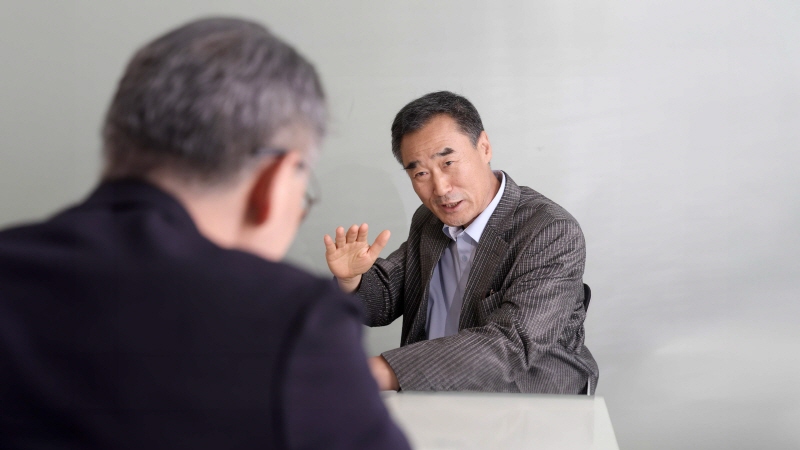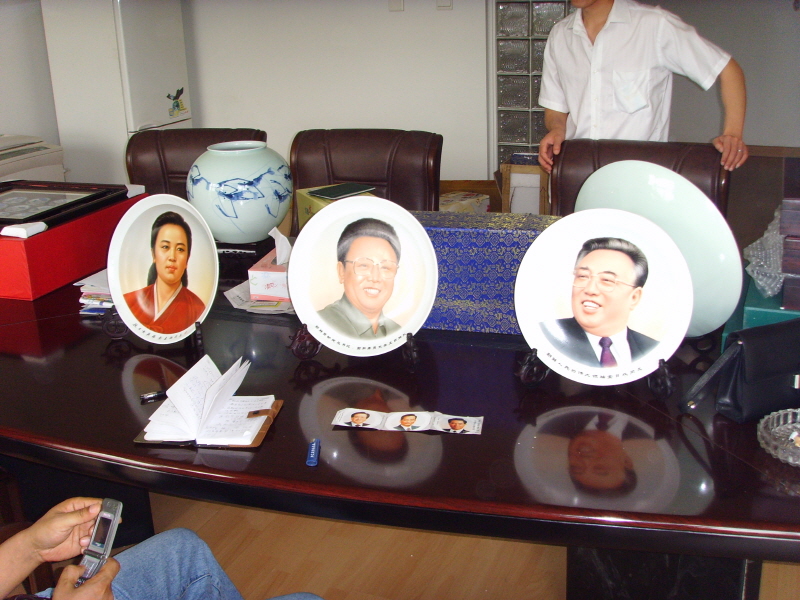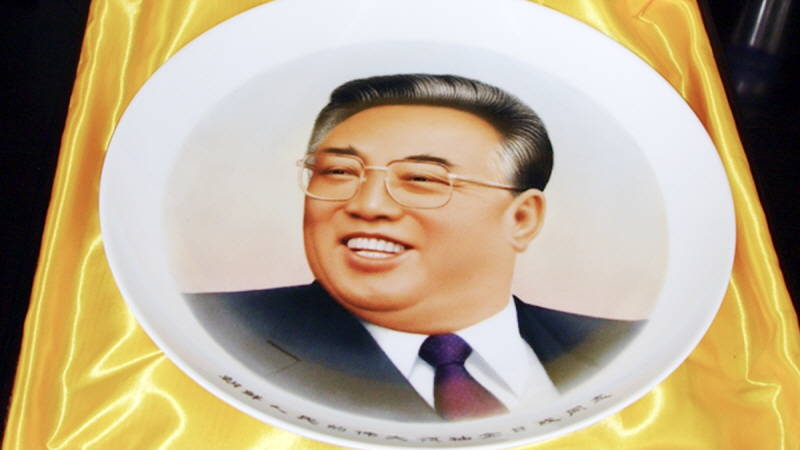[Exploring the North-South ‘Spy War’]
Part 2: The life and times of South Korean operative Chung Kyu-phil
In late 2004, Chung Kyu-phil, who was serving as a military attaché advisor (Lieutenant Colonel) at the South Korean Embassy in China, secretly advanced a project to establish 500 Chinese shops within the Pyongyang Department Store.
Chung, an officer in charge of North Korea operations under the Defense Intelligence Command (DIC), was dispatched to China for the second time as a military attaché advisor in October 2002. Previously, he operated covertly under the guise of the “Mancheol Materials Liaison Office Head in Shenyang” from 1995 to 1998.
After returning to Korea and working at the headquarters of the DIC, he assumed the role of a “white” diplomat, transitioning from his prior “black” covert status. This transformation marked his return to China, a critical battleground for intelligence on North Korea.

Though officially under the Defense Intelligence Agency (DIA) of the Ministry of National Defense, the military attaché advisor also handled covert operations for the DIC, reporting to both agencies. In addition to formal duties related to military and diplomatic intelligence, Chung was involved in undisclosed missions, such as North Korean operations. He was given separate encryption codes to access classified documents and communications for both the DIA and the DIC.
The Pyongyang Department Store Project
The “Pyongyang Department Store Project,” in which Chung was involved, was a venture he embarked upon with his Chinese acquaintance, “A,” who was his peer and close friend. Their plan was to collaborate with the famous “Wenzhou Merchants’ Association,” known for their business acumen, to penetrate the North Korean market.
The North Korean counterpart in this endeavor was a high-ranking official who had received a gold watch as a gift from Kim Jong-il and later presented it to the Chinese side.
[Behind enemy lines: How a South Korean spy influenced Hwang Jang-yop’s defection]
[North Korean ‘suicide underwater commandos’ intel received 6 months before Cheonan sinking]
Negotiations progressed rapidly, culminating in a memorandum of understanding. The core of the plan involved hiring one Chinese local manager and three North Korean employees for each shop, as well as constructing a hotel in Pyongyang to accommodate 500 Chinese residents.
To facilitate the smooth progression of the Pyongyang Department Store Project, “A” requested and received color photographs of Kim Il-sung, Kim Jong-sook (Kim Jong-il’s mother), and Kim Jong-il from the North Korean Embassy in Beijing.
He then commissioned porcelain pieces featuring the faces of the three leaders, which were prepared as gifts. “A” reported that the porcelain pieces were so meticulously crafted that they were valued at 20 million won (approximately $17,000) each at the time. During the presentation ceremony, three North Korean officials attended and left, each carrying one porcelain piece.

Why undertake such a covert operation? Chung provided insight into the motivations and background behind the operation:
“When a canal is opened, it’s only natural that ships will pass through it. Korean ships can carry silk as well. China makes money, North Korea improves its living standards, and it sets a precedent for North Korea to pursue Chinese-style economic openness. If North Korea opens its doors, our unification efforts could be accelerated. The Chinese government also shared this perspective at the time and naturally supported private-level North Korea-China exchanges.”
North Korean officers seeking pornographic videos
There was also an underlying calculation that if North Korea opened its doors and 500 people moved in and out of Pyongyang, South Korea could plant its informants among them. However, fate is unpredictable. Just as the project was gaining momentum, “A” tragically died in a car accident. The Pyongyang Department Store project, having lost its driving force, ended up as nothing more than a fleeting dream.
In the course of his operations, Chung encountered numerous unusual situations. During the same year that the Pyongyang Department Store project was underway, he had a bizarre meeting. A journalist stationed in Beijing, whom he knew, suddenly called him one day and bluntly suggested that he meet a North Korean military officer.
The unidentified individual, who identified himself as a North Korean military officer, had contacted the journalist, claiming that he had an urgent matter to discuss and asking for a meeting. The journalist, feeling uneasy and suspicious, inquired if Chung would be willing to meet him instead.

Curious about what could be gained, Chung agreed to the meeting. Two men arrived at the designated location, one introducing himself as a “North Korean major (Lieutenant Colonel) stationed in Wonsan.” The ensuing conversation was surprising.
“In North Korea, food rations are insufficient. We come to China with travel permits to earn money to feed our troops,” the North Korean major said. “Could you help us obtain $50,000 worth of pornographic video CDs?”
Chung was taken aback and asked. “Who in North Korea watches such explicit videos? Where could they even watch them?”
The North Korean officer replied, “Don’t be ridiculous. Every household has a video player. Pornographic videos are the most popular. If we sell them in North Korea, we can make ten times the profit.”
The officer proposed that if Chung could supply $50,000 worth of CDs on credit, they would sell them for $500,000 in North Korea and repay the amount. It wasn’t a simple request for cash; it was a proposal to acquire pornographic video CDs.
Although Chung was intrigued and willing to take the risk, he ultimately decided against it, realizing he had no means to verify their identities or secure funds from the DIC.
Reports from defectors later confirmed that pornographic video CDs smuggled from China and Japan were indeed being covertly traded in North Korean markets. These videos, referred to as “color films” in North Korea, had become widespread, leading to social problems. Chung’s experience indicated that these claims were not mere rumors.
BY DAEHOON KO, MINSANG KIM, YOUNGNAM KIM [ko.daehoon@joongang.co.kr]




